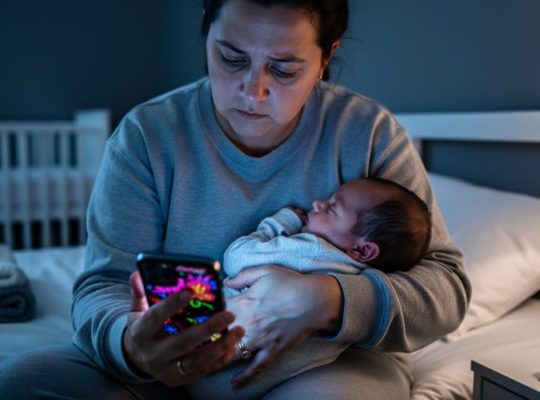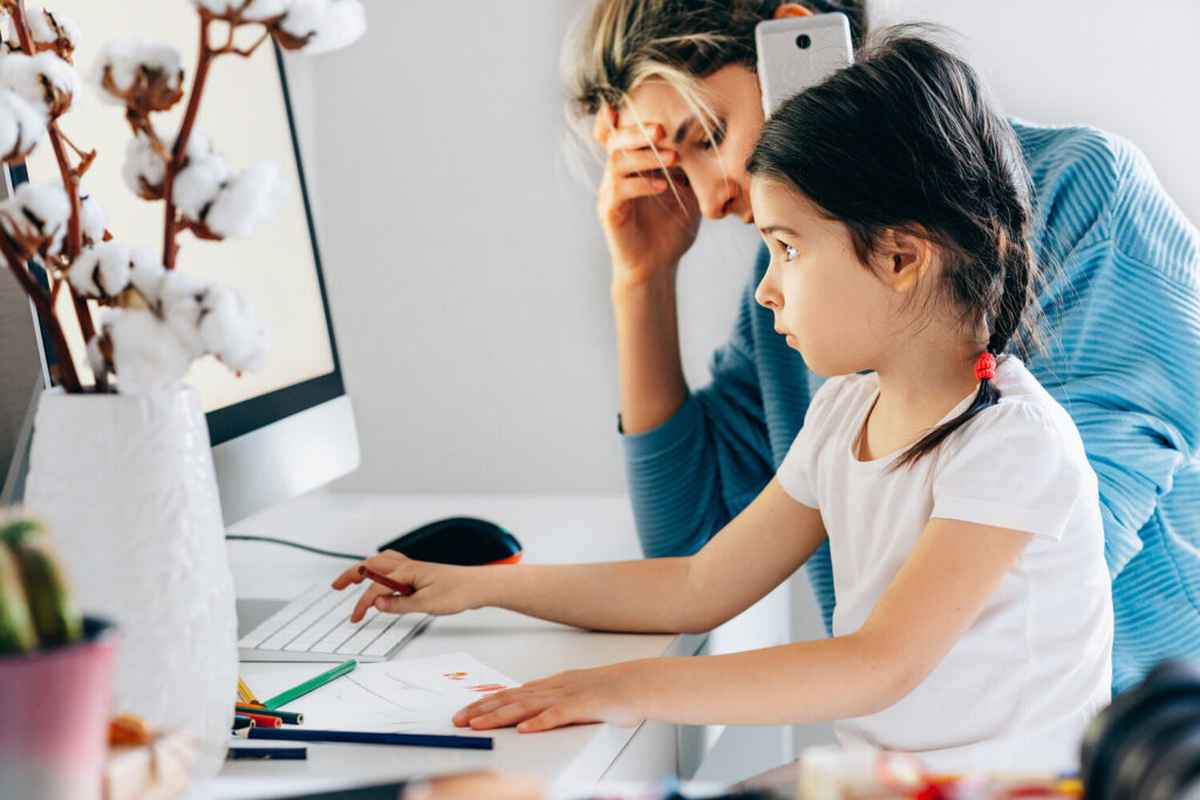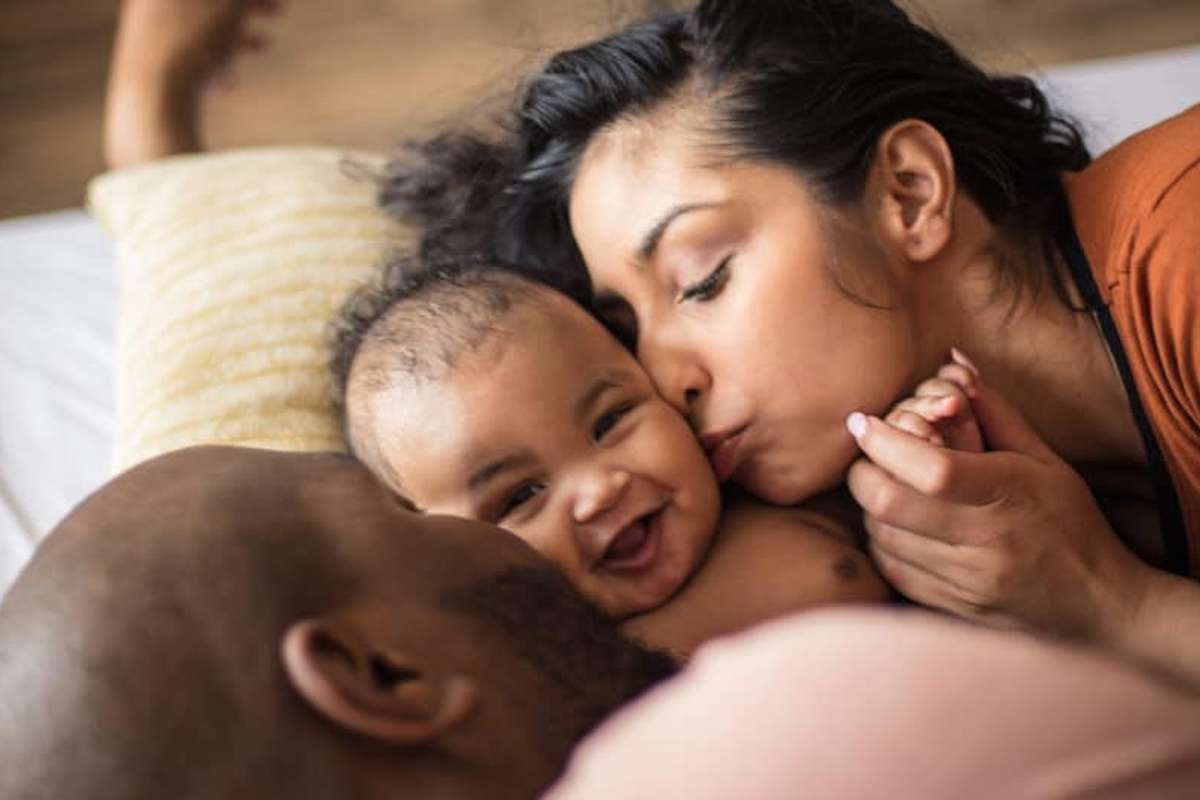
Online Gambling During Pregnancy and New Parenthood: What You Need to Know
The sleepless nights, constant worry, and overwhelming responsibility of caring for a new life can push anyone toward unexpected coping mechanisms—and for some parents, online gambling becomes a hidden escape. When the accessibility of provably fair games meets the vulnerability of perinatal mental health challenges, a perfect storm can develop that affects both parent and child.
You’re not alone if you’ve found yourself reaching for your phone to place bets during 3 AM…








